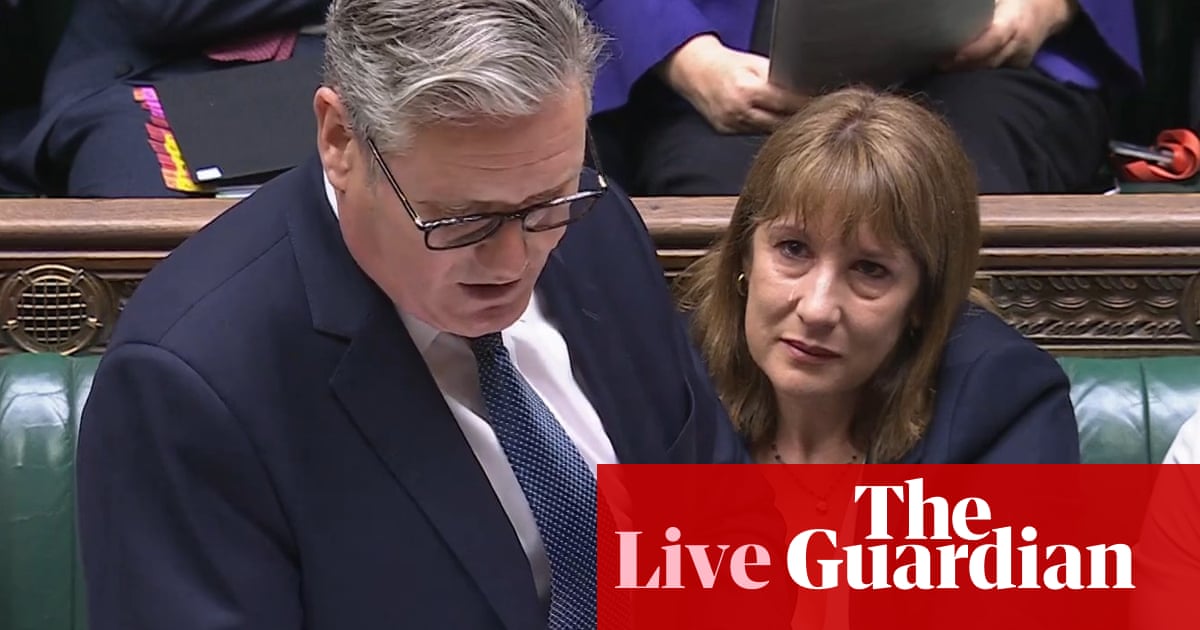Santander UK has urged the government to intervene in the £11bn car finance compensation scheme, claiming that the current proposals could end up inflicting “significant” harm to consumers, jobs and the broader economy.
It marks some of the strongest criticism to date of the Financial Conduct Authority’s (FCA) redress scheme, which is meant to draw a line under 14m historic car loan contracts that may be deemed unfair because of commission arrangements between lenders and car dealers.
The Spanish-owned UK lender has come out swinging, calling on the government to take action and push for “material changes” to the City regulator’s proposals, which are out for consultation following a landmark supreme court hearing in August.
The chief executive of Santander UK, Mike Regnier, said: “We believe that the level of concern in the industry and market is such that material changes to the proposed FCA redress scheme should be an active consideration for the UK government.
“Without such change, the unintended consequences for the car finance market, the supply of credit and the resulting negative impact on the automotive industry and its supply chain could significantly impact jobs, growth and the broader UK economy. This could also cause significant detriment to the consumer,” Regnier added in comments released on Wednesday morning.
He made the comments as the high street bank again delayed the release of its UK results, saying they needed “greater clarity” regarding the FCA’s redress scheme “and their potential impact on Santander UK and the wider market”.
However, the bank said on Wednesday that it did not expect any “material adverse impact” on its financial position as a result of the car finance compensation scheme, even in a “severe” scenario where payouts were increased. Santander UK already put aside £295m to cover potential payouts to car loan customers last year.
Rachel Reeves has already tried to influence the direction of the car finance scandal. In January, the chancellor tried to intervene in the supreme court hearing, urging judges to avoid handing “windfall” compensation to borrowers. That attempt was ultimately rejected by judges.
The Guardian later revealed that Reeves was considering overruling the supreme court’s decision with retrospective legislation, in order to help save lenders billions of pounds in the event that it ruled in favour of consumers. The court largely sided with lenders in the end, and Reeves did not step in.
While a government intervention at this stage would prove controversial, Regnier said it was Santander’s duty to “do all we can” to protect the car loan industry. “While the FCA considers the outcome of its consultation, we believe it is our duty to do all we can to secure an orderly and fair outcome from this consultation process.”
“This is not a question of investor versus customer interest, quite the reverse. What is at stake is the supply of credit that customers need and that supports a very important sector for the economy,” Regnier said.
after newsletter promotion
Lenders claims firms and teams of lawyers are racing to respond to hundreds of pages of consultation documents before the mid-November deadline, with parties leaving the door open to challenging the compensation scheme in court.
The FCA said: “We welcome considered feedback on our consultation and we’ve set out in detail our thinking behind the proposals. We believe a compensation scheme is the best way to settle, for both lenders and consumers, liabilities that exist no matter what. Alternatives would be more costly and take longer.
“It’s vital we draw a line under the issue so a trusted motor finance market can continue to serve millions of families every year.”
The Treasury was contacted for comment.

.png) 2 hours ago
5
2 hours ago
5

















































